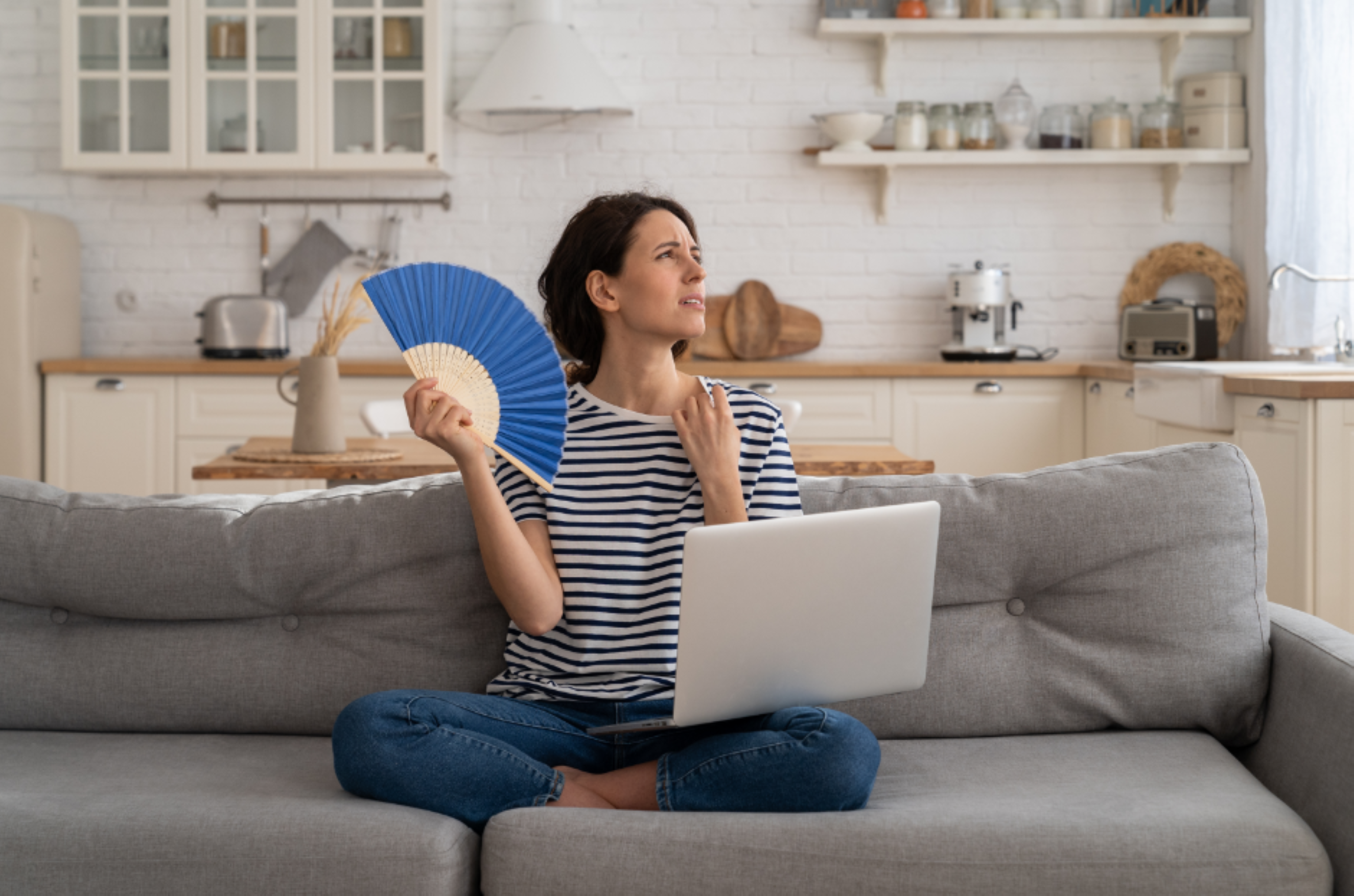Understanding How Florida's Climate Influences Your HVAC System
It's important to understand how the weather affects your HVAC system so that you can ensure its optimal performance.

Living in the Sunshine State means dealing with a significant amount of sunshine and a consistently warm climate throughout the year — perfect for a fun day at the beach, right? However, when it comes to your HVAC (Heating, Ventilation, and Air Conditioning) system, the story is different. Due to Florida's climate, your HVAC system has to work longer and harder. It's crucial to understand how the weather affects your HVAC system so that you can properly maintain it and ensure optimal performance.
Humidity
Humidity is one of the biggest challenges that HVAC units face in the state of Florida. Warm air holds more moisture, which can make you feel uncomfortable and uneasy. The increased moisture in the air makes it difficult for the HVAC system to effectively cool your home, causing it to work harder. As a result, the system becomes less efficient and your energy consumption increases.
To ensure that your HVAC unit is working efficiently, it is recommended to have it professionally maintained at least once a year. Regular maintenance, such as cleaning or replacing filters, monitoring refrigerant levels, and cleaning condenser or evaporator coils, is crucial for optimizing the performance of your system.
Salt Air and Corrosion
Florida's coastal regions are prone to salt air, which can boost the corrosion of HVAC components. The presence of salty air can harm the compressor, reduce the condenser's performance, and increase the refrigerant's pressure, leading to leaks. These leaks are commonly found near the air conditioning unit's drain pipe or line. If left unattended, the combination of leaks and humidity can result in corrosion and rust.
Performing regular maintenance on your HVAC system will enable you to monitor signs of corrosion and address leaks as soon as they appear.
.png)
Storms and Power Outages
While Florida may be known as the "Sunshine State," it also experiences its fair share of rainfall, including thunderstorms and hurricanes, particularly during the wet season. These weather events can result in power outages that can cause risk to your HVAC unit. Electrical surges during storms have the potential to damage the electrical components of your system. To safeguard these components, it may be wise to consider investing in a backup power generator. Additionally, storms bring heavy rain, strong winds, and flooding, all of which can be harmful to your outdoor unit. To prevent debris from entering, you might want to cover and protect your outdoor unit.
Even if your HVAC system appears to be functioning properly after a hurricane, we still recommend scheduling a service call with Koala Coolin for an AC tune-up.
Choose Koala Coolin for a professional HVAC service
At Koala Coolin, we recognize the importance of understanding how Florida weather can impact your HVAC system. With our expertise and experience in dealing with the challenges presented by Florida's climate, we are well-prepared to address all of your HVAC needs. Whether you require regular maintenance, repairs, or AC tune-ups, our team of professionals will ensure that your HVAC system operates smoothly and efficiently. Don't let the Florida weather negatively affect your HVAC system - rely on Koala Coolin for dependable and exceptional service. Contact us at (754)282-7082 to schedule a visit!






.png)